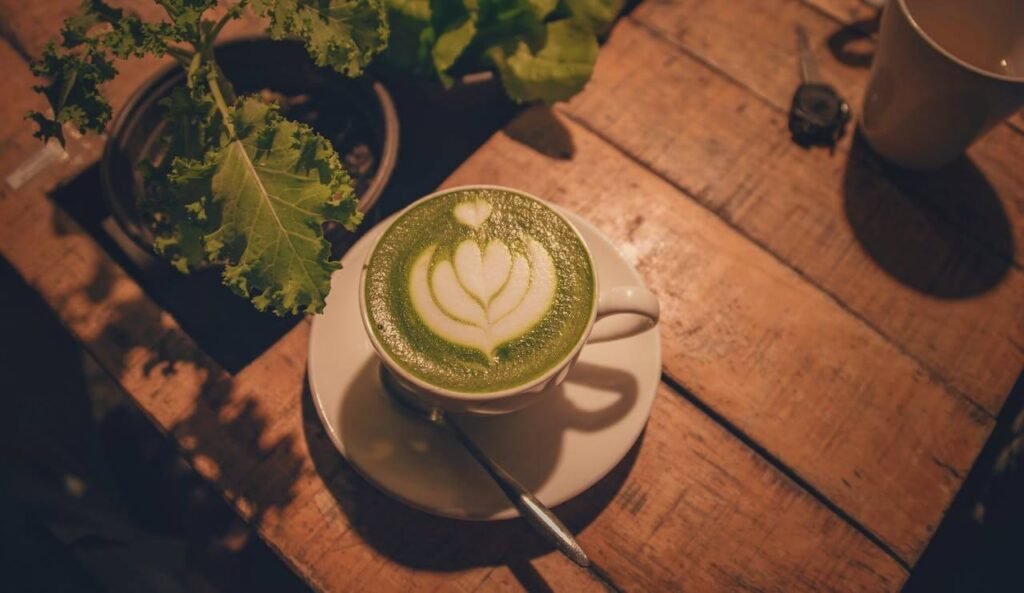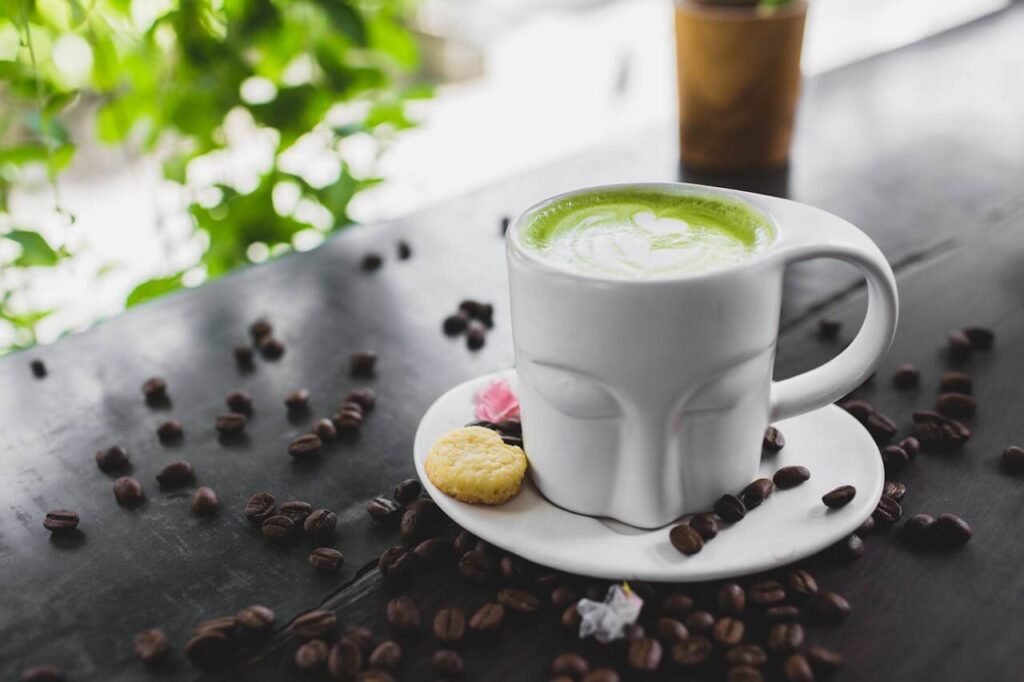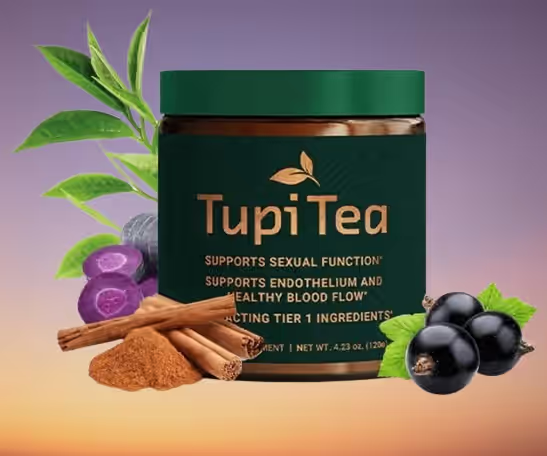Table of Contents
Introduction
Pregnancy is a transformative journey that requires careful attention to diet and lifestyle choices. As expecting mothers seek out healthier alternatives to support their well-being, matcha tea has gained significant popularity. But how safe is matcha tea and pregnancy? In this article, we will explore the relationship between matcha tea and pregnancy, examining its benefits, potential risks, and the important considerations for pregnant women.
What is Matcha Tea?
Matcha tea is a finely ground powder made from specially grown and processed green tea leaves. Unlike traditional green tea, where leaves are steeped in water, matcha tea involves consuming the entire leaf, resulting in a more concentrated source of nutrients. Rich in antioxidants, vitamins, and minerals, the health benefits of matcha tea include boosting metabolism, enhancing mood, and providing sustained energy. However, its caffeine content and potential interactions with pregnancy require a closer look.
Nutritional Profile of Matcha
To understand the impact of matcha tea and pregnancy, it’s essential to consider its nutritional profile. A typical serving of matcha tea (about 1 gram) contains:
- Caffeine: Approximately 70 mg
- Antioxidants: Matcha is rich in catechins, particularly epigallocatechin gallate (EGCG), which is known for its health benefits.
- Vitamins: Matcha contains vitamins A, C, E, and K, which are crucial for overall health.
- Minerals: It provides essential minerals like magnesium, potassium, and iron, supporting various bodily functions.
With this robust nutritional profile, it’s clear why many people consider matcha tea a superfood. However, it’s vital for pregnant women to weigh the benefits against potential risks.
👉 Discover the Premium Matcha Tea Experience Now 👈
Benefits of Matcha Tea During Pregnancy

Antioxidant Properties
One of the most notable advantages of matcha tea is its high antioxidant content. Antioxidants help neutralize free radicals in the body, which can contribute to cellular damage and oxidative stress. For pregnant women, maintaining a healthy balance of antioxidants can support overall health and the development of the fetus. Thus, understanding the health benefits of matcha tea is crucial for expecting mothers.
Sustained Energy Boost
Pregnancy can often lead to fatigue, making it essential for mothers-to-be to find ways to maintain their energy levels. Matcha tea provides a gentle caffeine boost without the jitters commonly associated with coffee. The presence of L-theanine, an amino acid found in matcha tea, promotes relaxation and focus, making it an ideal choice for pregnant women who need sustained energy throughout the day while managing their caffeine during pregnancy.
Mood Enhancement
Pregnancy is an emotional rollercoaster, and many women experience mood swings due to hormonal changes. The L-theanine in matcha tea also has mood-enhancing properties, helping to reduce anxiety and promote a sense of calm. Incorporating matcha tea into a daily routine may provide some emotional stability during pregnancy.
Improved Digestion
Many women experience digestive issues during pregnancy, such as constipation or bloating. The gentle properties of matcha tea can aid digestion due to its high fiber content. It can also promote a healthy gut microbiome, which is beneficial for overall digestive health. Drinking matcha tea might help alleviate some of these uncomfortable symptoms.
Supports Healthy Skin
Pregnancy can bring about various skin changes, including breakouts and dryness. The antioxidants in matcha tea can support skin health by fighting inflammation and promoting a glowing complexion. Using matcha tea as a face mask or simply drinking it can help enhance skin quality, making it a dual benefit for expecting mothers.
Risks of Matcha Tea During Pregnancy
Caffeine Content

While matcha tea offers several benefits, it also contains caffeine, which can be a concern for pregnant women. Caffeine consumption during pregnancy should be limited, as excessive intake may increase the risk of miscarriage, preterm birth, and low birth weight. The general recommendation is to limit caffeine during pregnancy to less than 200 mg per day, which equates to about one 8-ounce cup of coffee.
For reference, one serving of matcha tea (about 1 gram) typically contains around 70 mg of caffeine. Therefore, expecting mothers should monitor their overall caffeine consumption, including other sources like coffee, tea, and chocolate, to stay within the recommended limits.
Potential Contaminants
Another important consideration when consuming matcha tea during pregnancy is the potential for contaminants. Some matcha powders may contain higher levels of lead or other heavy metals due to environmental factors. Pregnant women should choose high-quality, organic matcha tea from reputable sources to minimize the risk of exposure to harmful substances.
Gastrointestinal Issues
Some pregnant women may experience gastrointestinal discomfort, such as nausea or heartburn. Matcha tea, particularly when consumed on an empty stomach, can exacerbate these issues. If a pregnant woman finds that matcha tea causes digestive upset, it may be best to avoid it or consume it with food to mitigate symptoms.
👉 Enjoy the Best Quality Matcha Tea Today 👈
How to Safely Incorporate Matcha Tea into Your Pregnancy
Moderation is Key
For expecting mothers who wish to enjoy matcha tea, moderation is crucial. A safe approach is to limit consumption to one cup (about 1 gram of matcha tea) per day, ensuring it fits within the overall daily caffeine limit. Always listen to your body and consult with a healthcare professional if unsure about dietary choices during pregnancy.
Choosing Quality Matcha
When selecting matcha tea, prioritize organic varieties from reputable brands to ensure purity and safety. Look for matcha tea that is stone-ground and has a vibrant green color, indicating high quality. Avoid products that may contain fillers or additives.
Alternatives to Matcha Tea
For those who prefer to avoid caffeine altogether, there are numerous herbal teas safe for pregnancy. Herbal infusions like ginger, chamomile, and peppermint can provide soothing benefits without the caffeine content. Always consult with a healthcare professional before trying new herbal teas during pregnancy to ensure their safety.
Tips for Enjoying Matcha Tea During Pregnancy
Try Matcha in Different Forms
Pregnant women can enjoy matcha tea not just as a traditional drink but also in various culinary forms. Consider adding matcha powder to smoothies, yogurt, or oatmeal for an extra nutritional boost. You can even create matcha-infused desserts like cakes or cookies. This versatility makes it easier to incorporate matcha tea and pregnancy into a balanced diet.
Be Mindful of Added Ingredients
When preparing matcha tea, be cautious about the added ingredients, especially sweeteners. Some flavored matcha products can be high in sugar, which isn’t advisable during pregnancy. Opt for natural sweeteners like honey or agave syrup in moderation. Additionally, if you enjoy milk or dairy products, consider using non-dairy alternatives like almond or oat milk for a healthier option.
Hydration is Important
Pregnancy often requires increased fluid intake to support overall health. While matcha tea can contribute to hydration, it should not replace water. Ensure you drink plenty of water throughout the day, especially if you consume matcha tea regularly.
Listen to Your Body
Every pregnancy is unique, and individual responses to foods can vary. If you notice any adverse effects from consuming matcha tea, such as increased heartburn or nausea, it may be best to reduce your intake or consult a healthcare professional.
👉 Savor the Top-Tier Matcha Tea Blend 👈
Conclusion
Matcha tea can be a nutritious addition to a pregnant woman’s diet, offering several health benefits of matcha tea. However, it is essential to consume it in moderation and choose high-quality products. By understanding the risks associated with caffeine during pregnancy and making informed choices, expecting mothers can enjoy matcha tea and pregnancy together safely. As with any dietary consideration during pregnancy, consulting with a healthcare provider is always recommended to ensure the best outcomes for both mother and baby.













